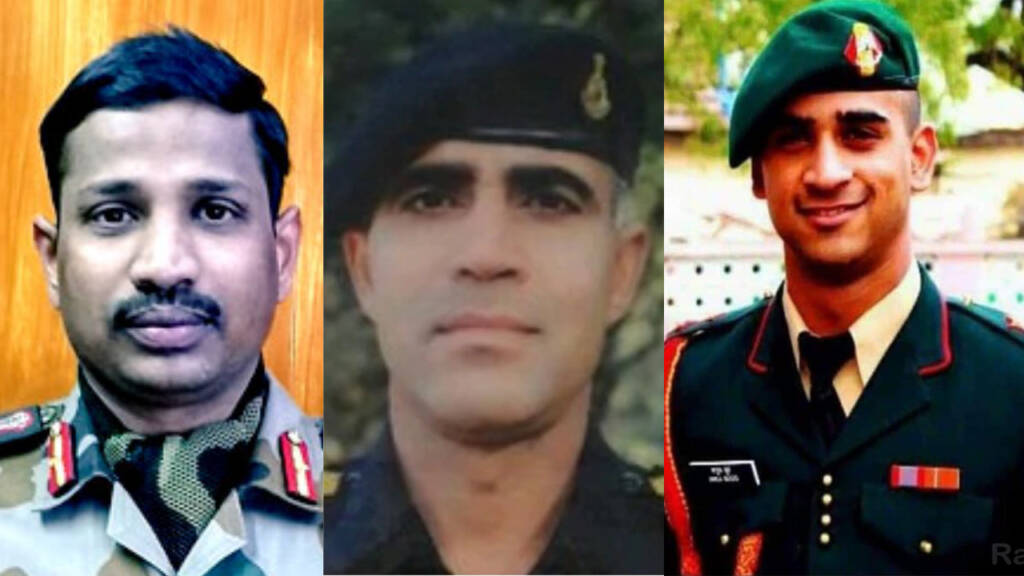In a clear message to China, the Indian government decorated the soldiers martyred during the Galwan valley clash with war-time awards. Colonel Santosh Babu, who gave his life for the nation during the brutal skirmish with Chinese troops in Galwan Valley in May last year, was honoured with Mahavir Chakra – the second-highest war-time award in India.
Apart from Santosh Babu, India also honoured Subedar Sanjeev Kumar with Kirti Chakra, Major Anuj Sood with Shaurya Chakra, and Naib Subedar Nuduram Soren, Havildar K Palani, Sepoy Gurtej Singh, Havildar Tejinder Singh and Nk Deepak Singh with Vir Chakra.
The decoration of the soldiers with the wartime awards even though there was no officially declared war but only a clash, shows that the Indian government is ready for war and it has taken the Galwan clash for no less than a war.
Moreover, given the fact that China has refrained from disclosing the actual number of dead PLA soldiers or even their names (although it acknowledged that PLA also suffered casualties and the estimate from unofficial sources was that its casualties were near 40), the Indian government honouring the martyred soldiers is a humiliation to the PLA as well as the Chinese Communist Party.
The Indian government has even publicly acknowledged the martyrdom of the soldiers during the Galwan valley clash and exposed the true nature of the Chinese Communist Party and its party militia, People’s Liberation Army.
The Galwan valley clash led to a surge in anti-China sentiment nationally and internationally. The Indian government banned many Chinese apps, companies, and expelled the Chinese businesses out of India, post the clash. Indians have even boycotted the Chinese goods wherever they could, resulting in a huge gain for the Indian producers and traders and a big loss for the Chinese companies.
Moreover, as a result of the incident, the countries around the world including the United States also condemned the Chinese belligerence. The Galwan clash shook the belief and opinion of a lot of people in the Indian intelligentsia who were of the view that India should cooperate with China in the long term.
In the aftermath of the Galwan valley clash, even the policymakers in the national and international arena understood that the Jinping-led China is not a force with one can cooperate. Instead, they would have to compete against it and eliminate it. And this led to the strengthening of Quad (the alliance of India, the United States, Japan, and Australia) against China. Today many other countries are ready to join the anti-China alliance which seeks to counter the Chinese model of political economy and geostrategy.
Even the India-Pakistan hyphenation, which was a major problem in India’s projection of its national power, has been eliminated forever.
